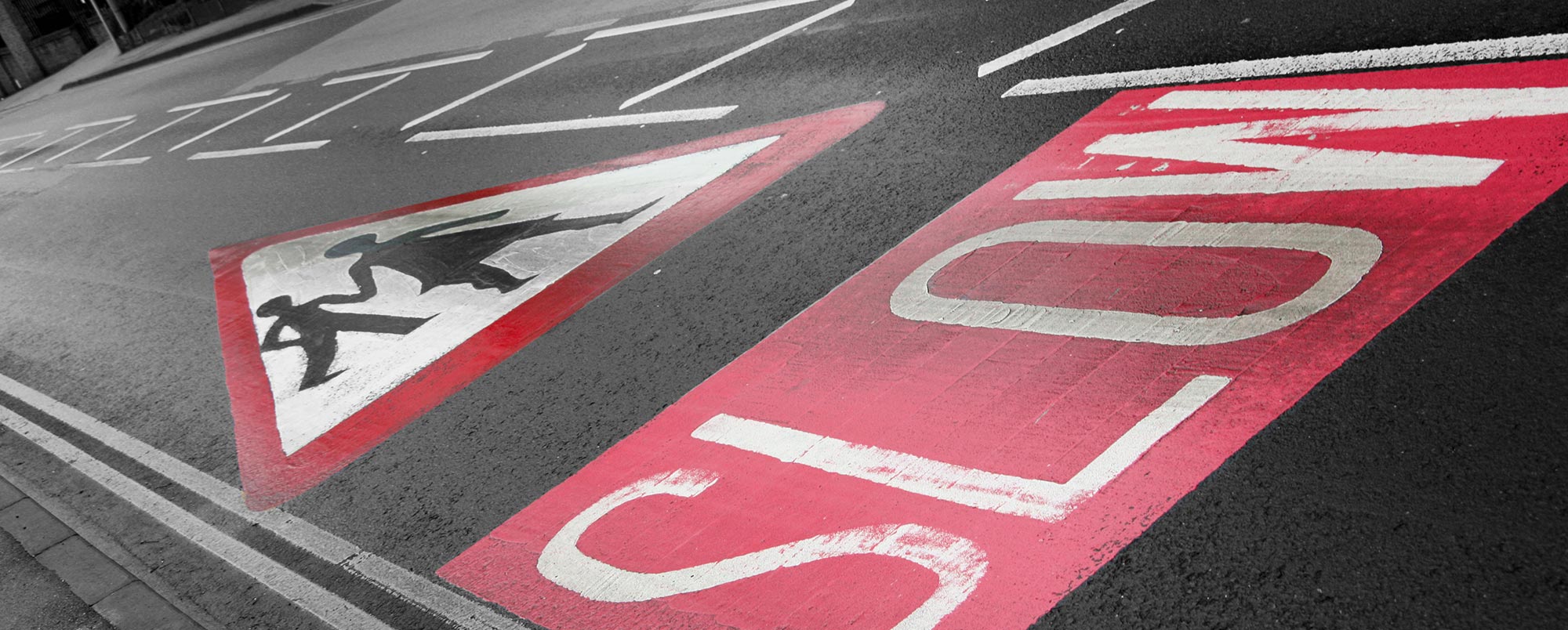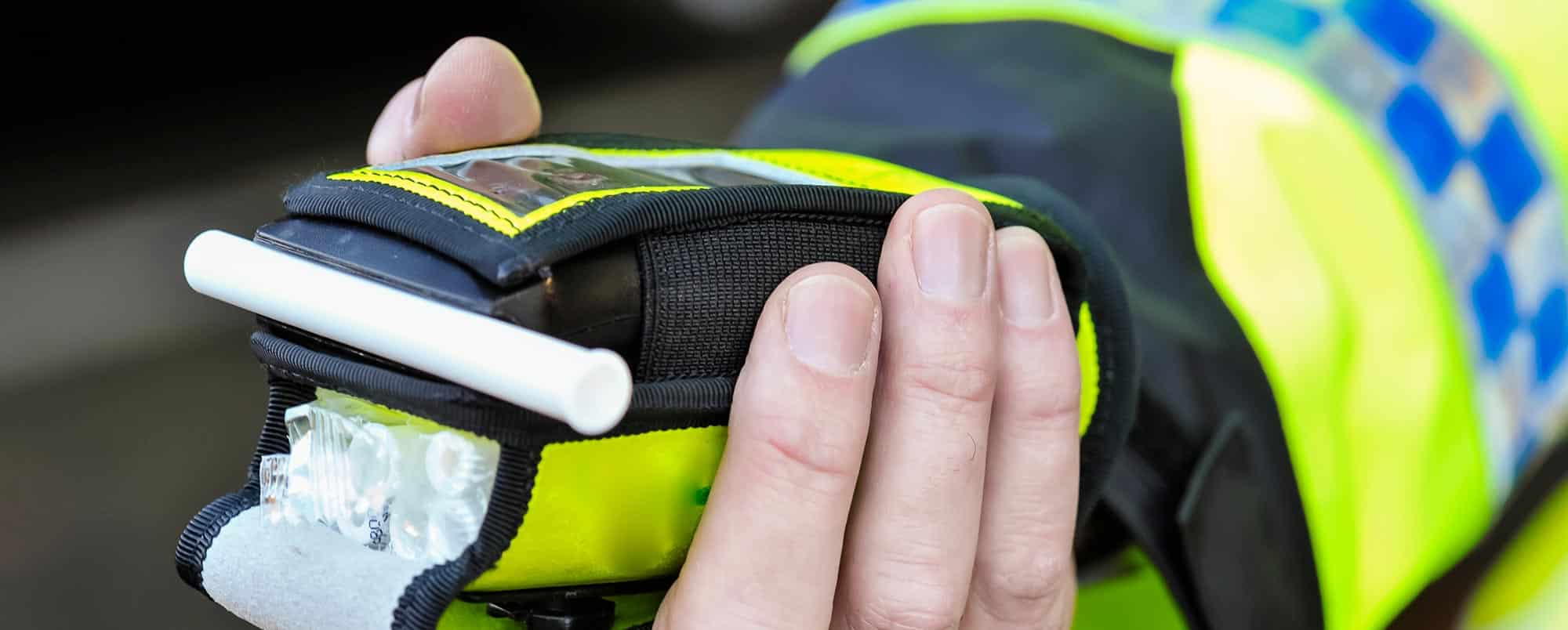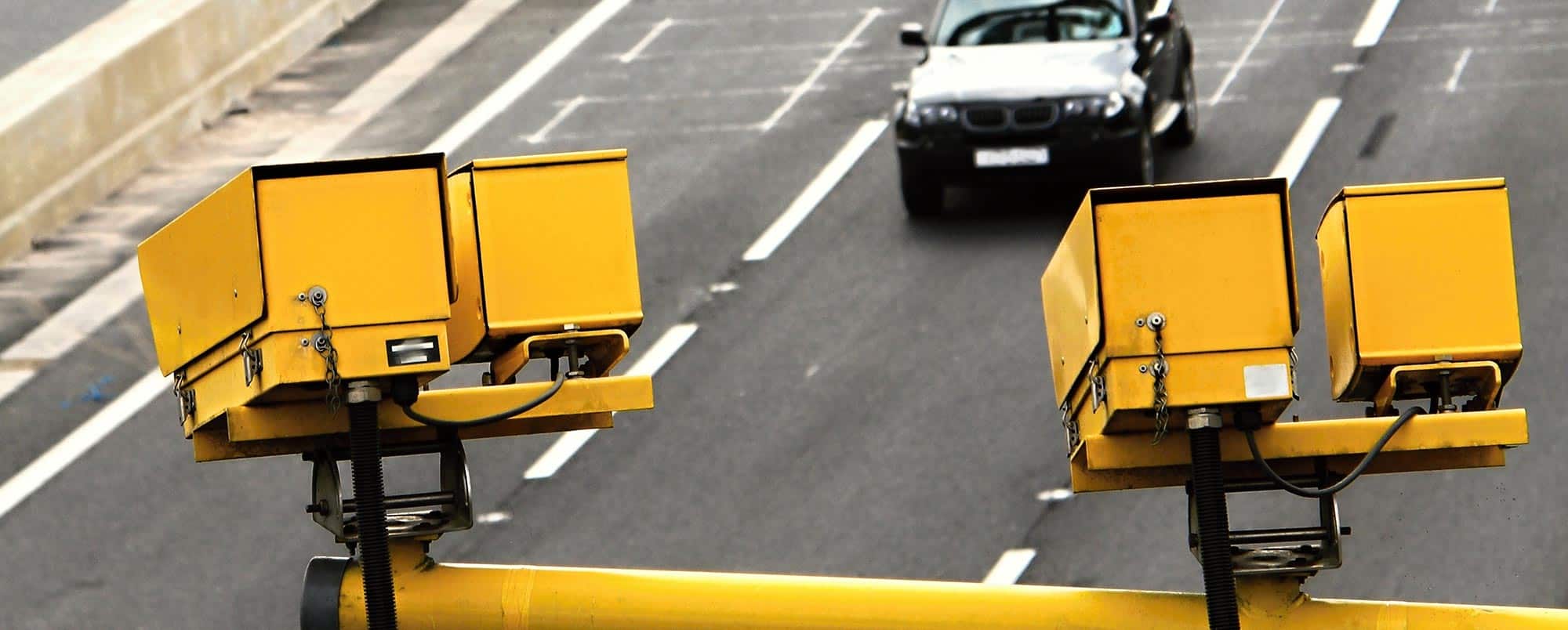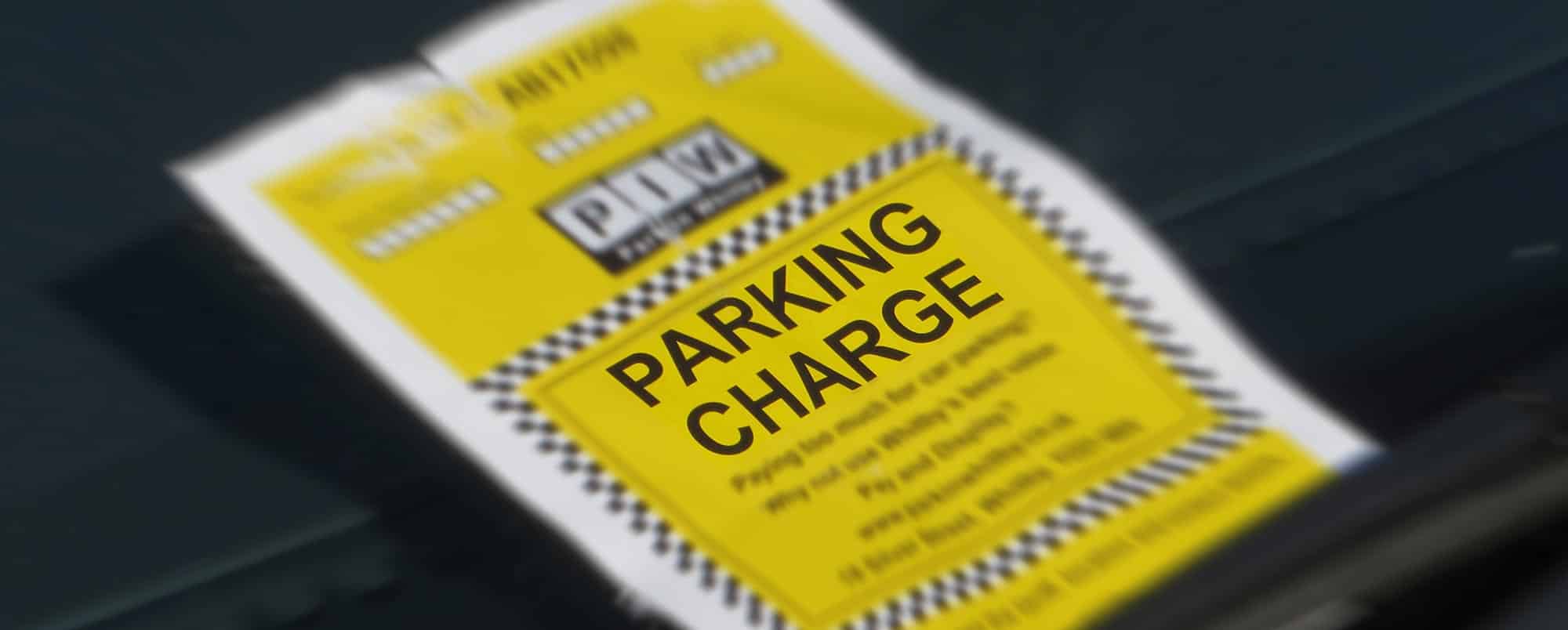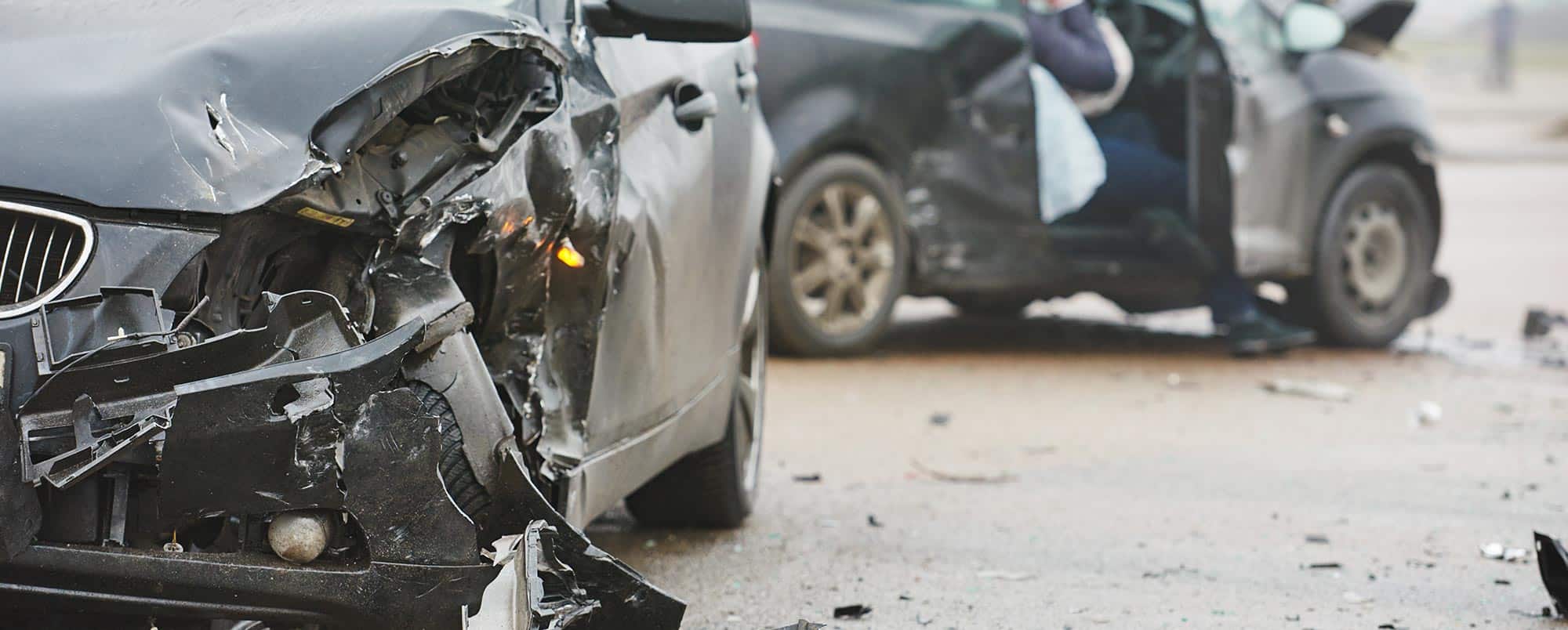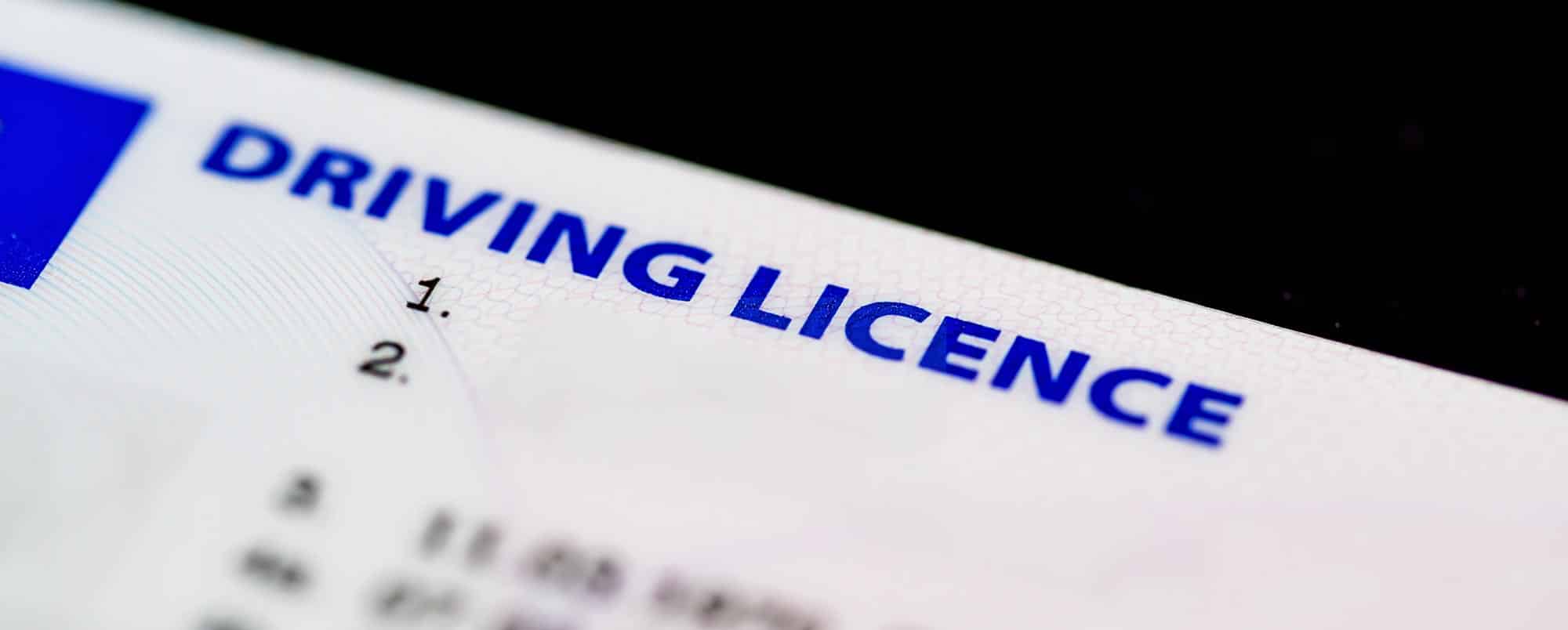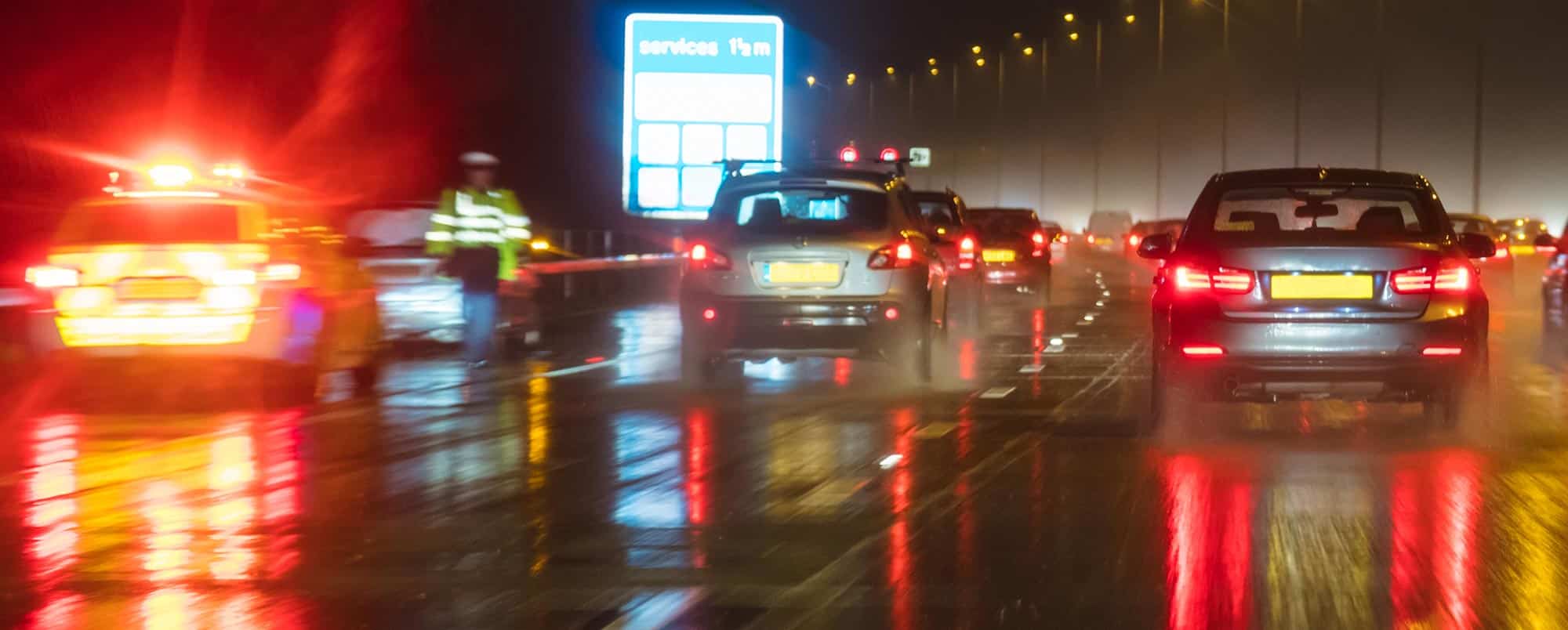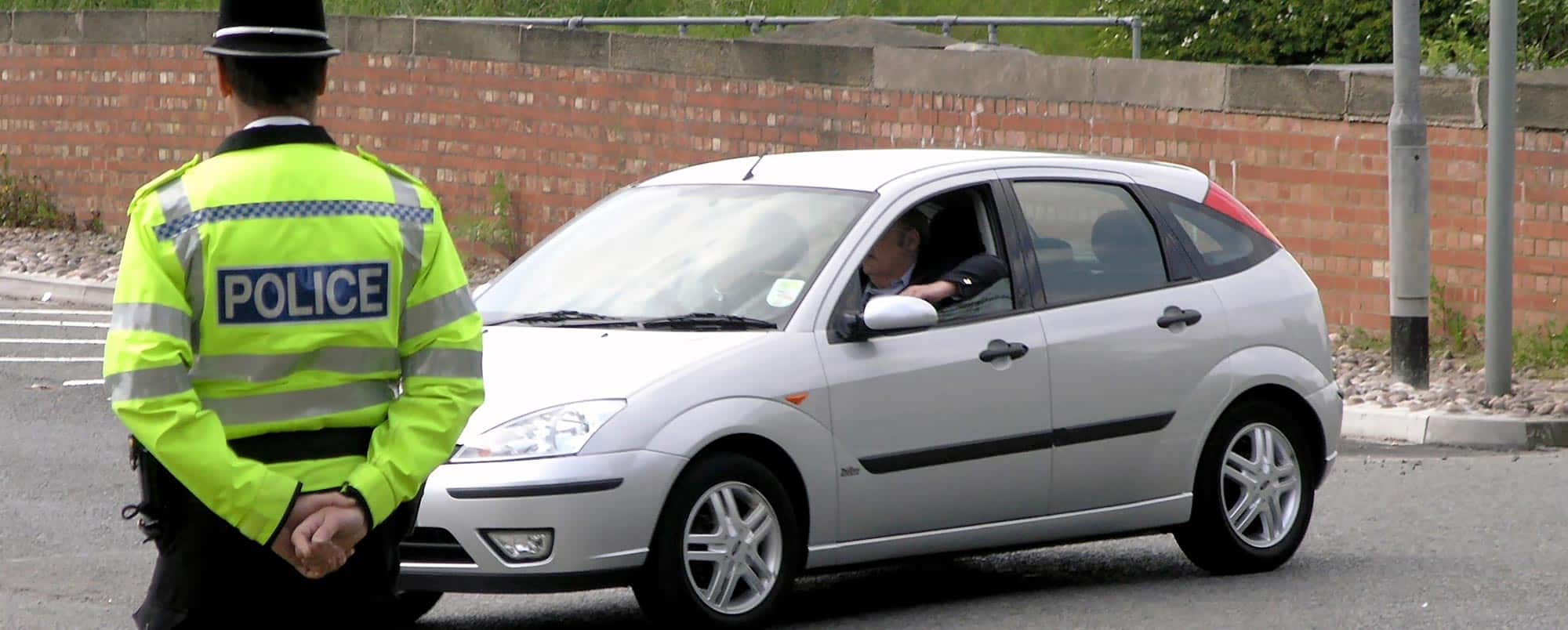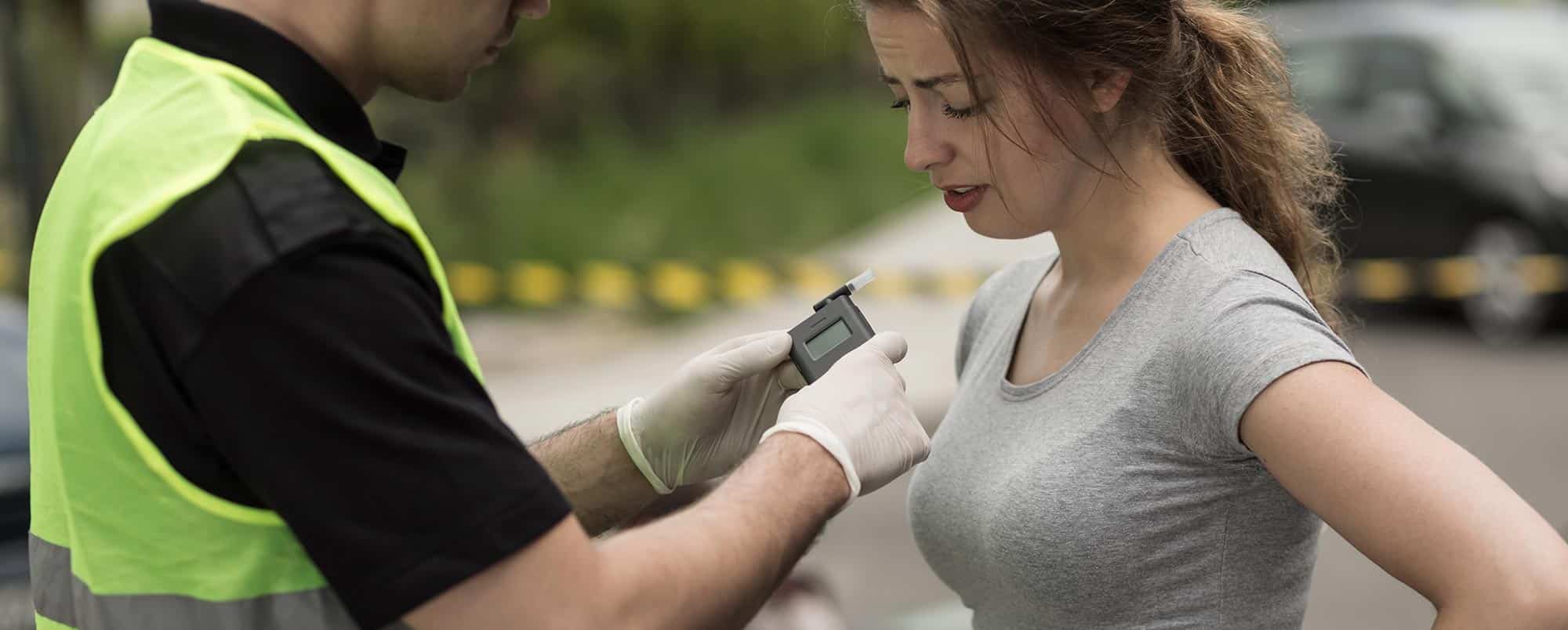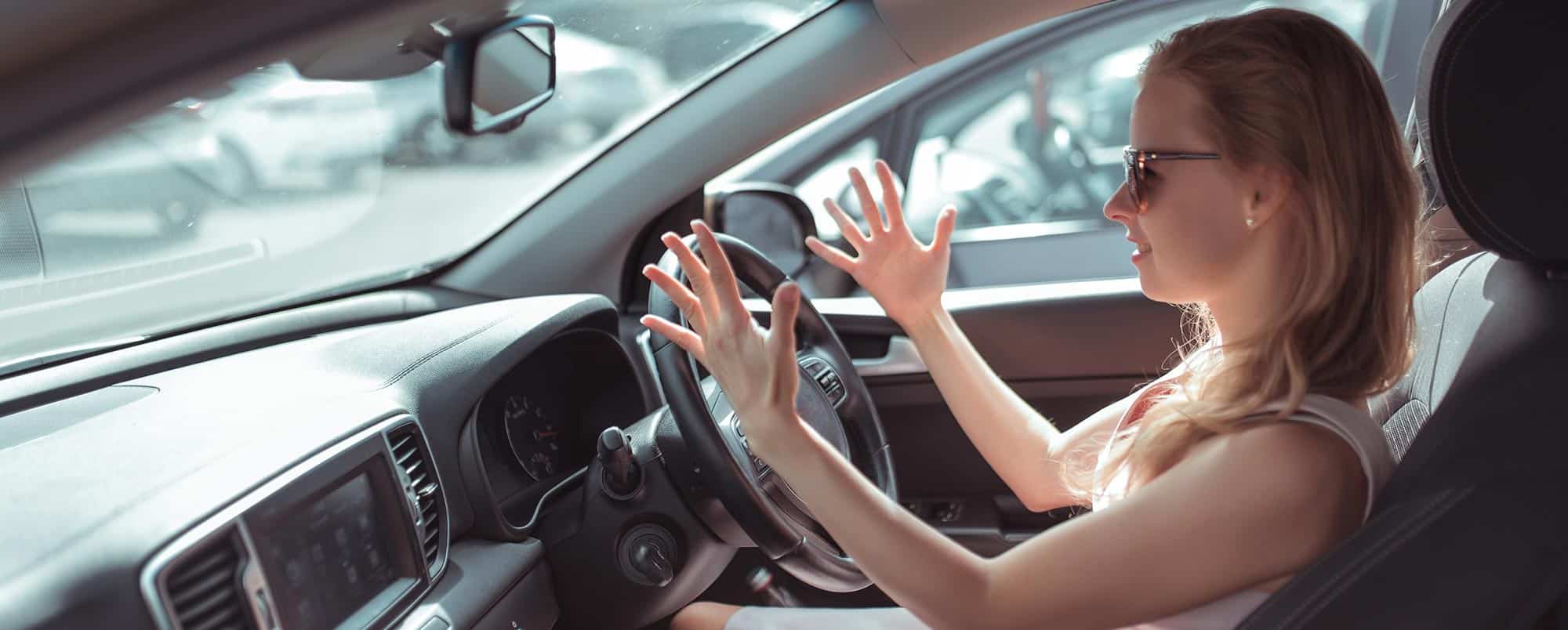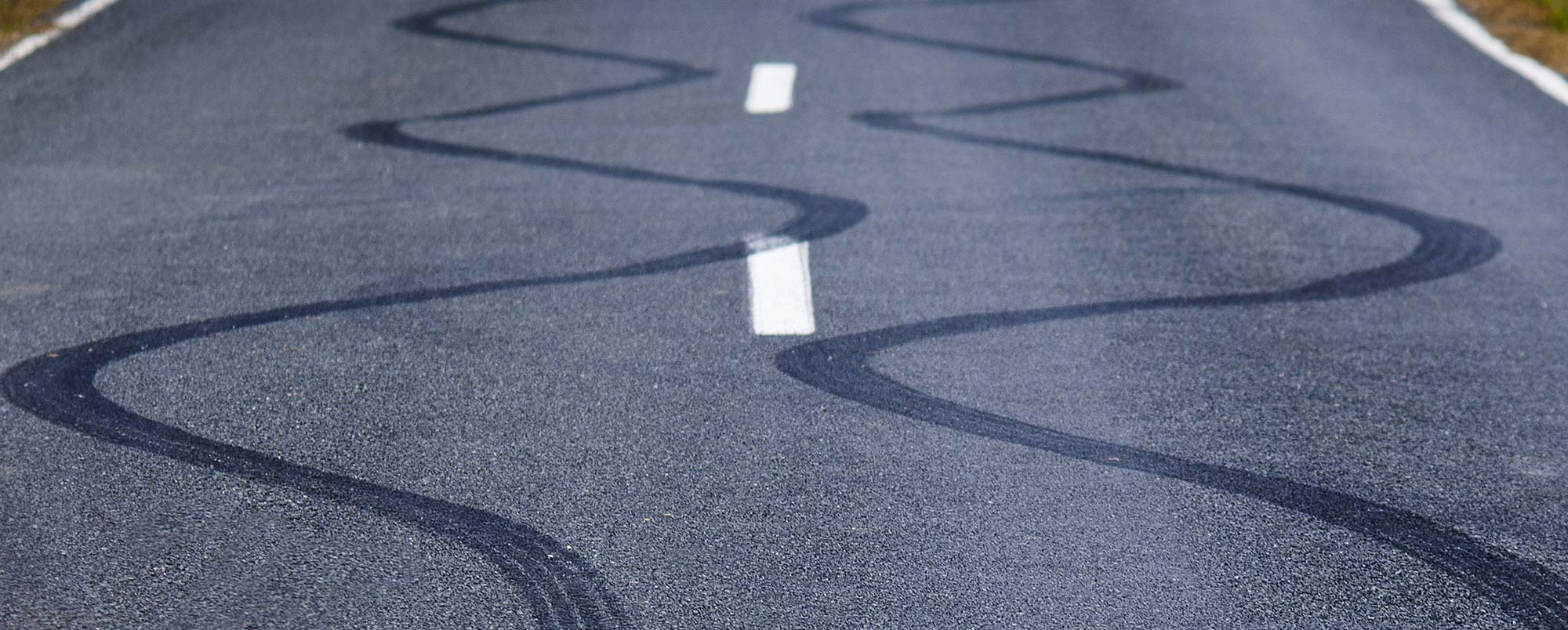Criminal Defence Client
Driving whilst impaired through drugs
The prosecution must prove that your driving ability was impaired at the time of driving due to the presence of an illegal substance.
The difficulty for the prosecution is establishing what level of drugs can be in a person’s system before they become impaired.
Initially, the police will carry out a FIT test (Field Impairment Test) at the roadside to determine your level of impairment (if any). The officer carrying out the test must refer to standard guidelines and procedures for testing and will make observations in relation to the following:
- The size of your pupils (The Pupil Measure Test);
- Your balance and judgement (The Romberg Test);
- The Walk and Turn test;
- The one leg standard test; and
- The finger to nose test
If the officer decides that you have failed the test you will be required to provide a specimen of blood (or urine) at the police station. The police must offer you a sample of blood to take away with you from the police station. We would recommend that you arrange to have your sample tested as soon as possible. If you do not consent, you will be charged with an offence of failing to provide a specimen, unless you have a reasonable excuse such as a fear of needles.
It is not enough for the prosecution to prove that there was a drug present in your system, they must also prove that you were unfit through drugs. This is something that we are able to challenge on your behalf given the number of different factors which can influence the results of the FIT test. Contact GT Stewart at roadtraffic@gtstewart.co.uk in order to get urgent specialist legal advice.
Driving with excess drugs
The difficulties of successfully prosecuting a driver for driving whilst impaired through drugs forced new legislation to be introduced in 2015 by introducing specified legal limits for both legal and illegal drugs in order to measure an accepted level of usage before driving. The prosecution now have to establish that you were driving and the proportion of a specified drug measured in your blood is found to be over the prescribed limit.
The new legislation set limits for 17 ‘controlled drugs, some of which are used for widespread medicinal purposes (8) and those which are not with amphetamine being categorised separately.
| Controlled Drug | Limit (micrograms per litre of blood) |
|---|---|
| Benzoylecgonine | 50 |
| Clonazepam | 50 |
| Cocaine | 10 |
| Delta-9-Tetrahydrocannabinol (cannabis) | 2 |
| Diazepam | 550 |
| Flunitrazepam | 300 |
| Ketamine | 20 |
| Lorazepam | 100 |
| Lysergic Acid Diethylamide | 1 |
| Methadone | 500 |
| Methylamphetamine | 10 |
| 6-Monoacetylmorphine | 5 |
| Morphine | 80 |
| Oxazepam | 300 |
| Temazepam | 1000 |
| Amphetamine | 250 |

Our Criminal Defence Services
Speak to a Lawyer in confidence
“Whatever the odds, there’s a way”
Our expert Lawyers are ready to help
GT Stewart has established itself as a leading firm in the UK for criminal law, family & childcare, housing, mental health law, specialising in both private cases and also Legal Aid work.
We pride ourselves on regular referrals from other firms and agencies
We are known for our tenacity when representing those engaged in challenging the State or defending themselves against a prosecution.
Our UK offices
We provide legal advice throughout the UK. Click on the office links below to learn more about your local team of solicitors and how they can support you.
